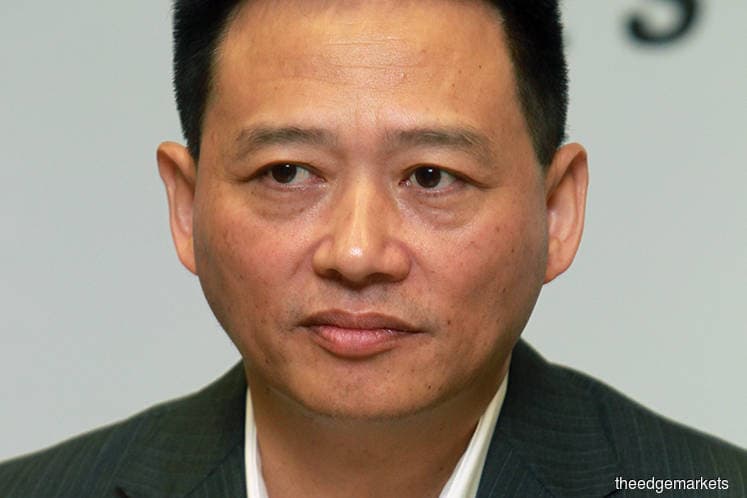
This article first appeared in The Edge Financial Daily on October 10, 2018
SHAH ALAM: The ministry of international trade and industry (Miti) said it is allocating a RM4 million grant to support the supply chain of Proton Holdings Bhd, with more fresh funds to kick in within the next five years.
Proton — which is 50.1% owned by diversified conglomerate DRB-Hicom Bhd and 49.9% by China’s home-grown car manufacturer Zhejiang Geely Holding Group Co Ltd — has been loss-making for years now. According to DRB-Hicom’s 2018 annual report, Proton’s annual net loss stood at RM408.95 million as at March 31, 2018.
Speaking to reporters yesterday at the signing of a memorandum of understanding (MoU) between Proton and the Malaysia Automotive Institute (MAI), an agency under Miti, MAI chief executive officer Datuk Madani Sahari said an allocation of RM4 million had been earmarked as an immediate support for the five-year MoU.
“Next year, there will be fresh funds that we intend to put in to develop the suppliers for Proton. [For] 2019, we are already reviewing the budget requirement for this MoU,” he said, adding that Proton and the suppliers themselves will also have to play their parts in contributing towards the cost.
Madani explained that the decision was reached as there is an immediate need to enhance capabilities of the selected suppliers, in line with Proton’s upcoming launch of its first sport utility vehicle later in the year, the X70, and other future models.
“We identified key gaps that need to be fulfilled. The Proton suppliers have so far been developed to a good level, but now with the partnership between Proton and Geely, Proton now wants their suppliers to have bigger responsibilities to play,” he added.
The MoU is aimed at further optimising shared resources to be used in developing Proton’s component suppliers to ensure that they are able to meet global standards, and to enhance the competitiveness of the national carmarker’s value chain.
The public-private collaboration is said to help pool resources between the two parties to maximise the utilisation of existing automotive development infrastructure, particularly in areas of advanced design applications, digital process simulation and improved validation technology.
Proton chief executive officer (CEO) Dr Li Chunrong (pic) said the MoU marks a significant milestone for the company as it could help enhance the carmarker’s sales in meeting the needs and standards of the global market and “revive Proton”.
Li, who was appointed CEO a year ago, spoke about strategies of the company before highlighting bottlenecks it faces, including how the company’s cost reduction is still far from the target, as it has yet to achieve one-third of the targeted cost cut.
“Until now, our cost reduction is far from our target, at only 7%, [when] our target is 30%. We still have much work to do,” Li told reporters at the signing.
“If the government can support us, I think we can turn around Proton earlier,” he said. Proton has aimed to return to profitability by 2020 on the back of new model launches and improved aftersales services, besides better built cars.
As at September 2018, Proton had sold a total of 40,593 units. Li estimates for Proton to sell 5,500 units in October. In comparison, Proton’s annual sales were 70,991 units in 2017, from 72,291 units in the preceding year.